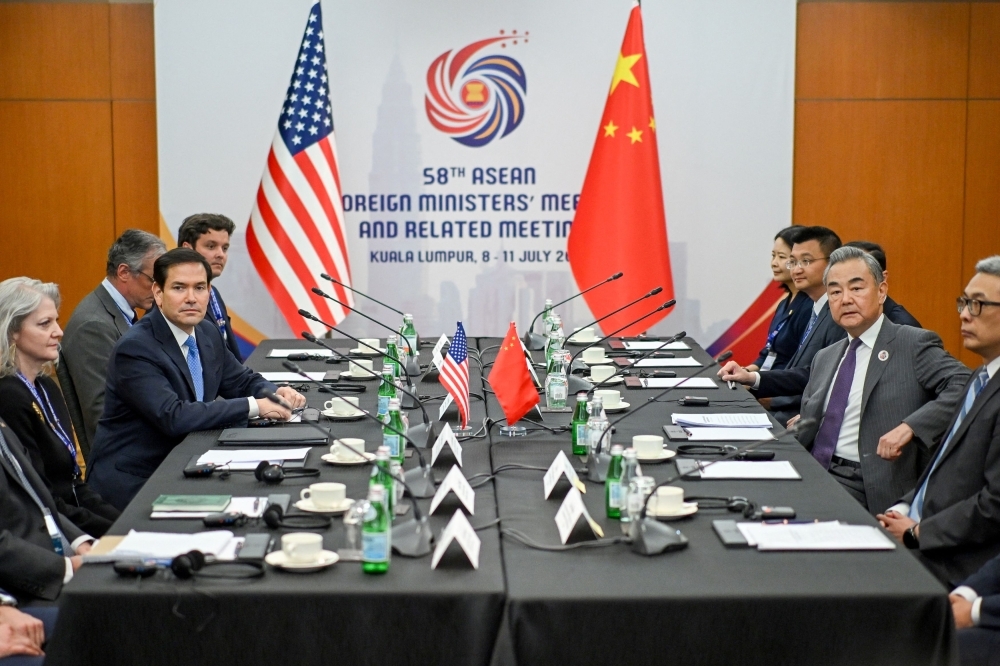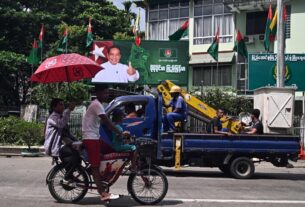In a world where headlines often highlight division, a flicker of hope emerged from Kuala Lumpur yesterday.
US Secretary of State Marco Rubio and China’s top diplomat Wang Yi held a face-to-face meeting on the sidelines of the ASEAN summit. Though it wasn’t a breakthrough, both sides agreed the conversation was positive, pragmatic, and constructive — a tone many weren’t expecting.
“We didn’t negotiate, but we did connect,” Rubio told reporters after the hour-long discussion, signaling potential cooperation on shared global challenges. “There are some areas where we’re going to be able to work together,” he added, offering a sliver of optimism in an otherwise rocky US-China relationship.
The meeting marks their first since President Donald Trump’s return to the White House, against the backdrop of fierce tensions over trade, Taiwan, and regional influence. Still, the willingness to talk face-to-face in a time of deep mistrust shows a mutual recognition: silence helps no one.
China’s Ministry of Foreign Affairs echoed similar sentiments, saying the two powers agreed to enhance diplomatic communication and seek common ground — while carefully managing their differences.
It wasn’t just about the US and China. As ASEAN meetings concluded, ministers from across Asia and beyond — including Russia, the EU, Australia, the UK, and Canada — shared the room, watching closely as global politics unfolded.
Rubio’s trip to Asia, his first as Secretary of State, was a delicate dance. US-imposed tariffs loomed large over the talks, drawing concern across the region. Yet Rubio said his Asian counterparts received him warmly. “Everybody here is a mature leader who understands that this imbalance can’t last,” he reflected, pointing to unsustainable trade deficits.
President Trump has threatened sweeping tariffs — as high as 50% — on over 20 countries, including key allies like Japan and South Korea. ASEAN, in a joint statement, called the move “counterproductive” to regional growth.
China fired back, calling Washington’s unilateral tariff moves “irresponsible and unpopular.” It’s a sentiment Malaysian Prime Minister Anwar Ibrahim and Foreign Minister Mohamad Hasan acknowledged during the summit, emphasizing each country’s concerns on the global economic stage.
The recent flare-up of tensions — including harsh levies and military rhetoric — has cast a shadow over diplomacy. Trust is fragile. Washington and Beijing have slapped heavy tariffs on each other’s exports, while defense officials continue trading accusations over Taiwan.
Yet yesterday’s dialogue between Rubio and Wang showed a quieter side of diplomacy: the power of showing up, listening, and looking for ways forward — however small they may be.
Because in a world strained by suspicion, even a single honest conversation can be a starting point.




